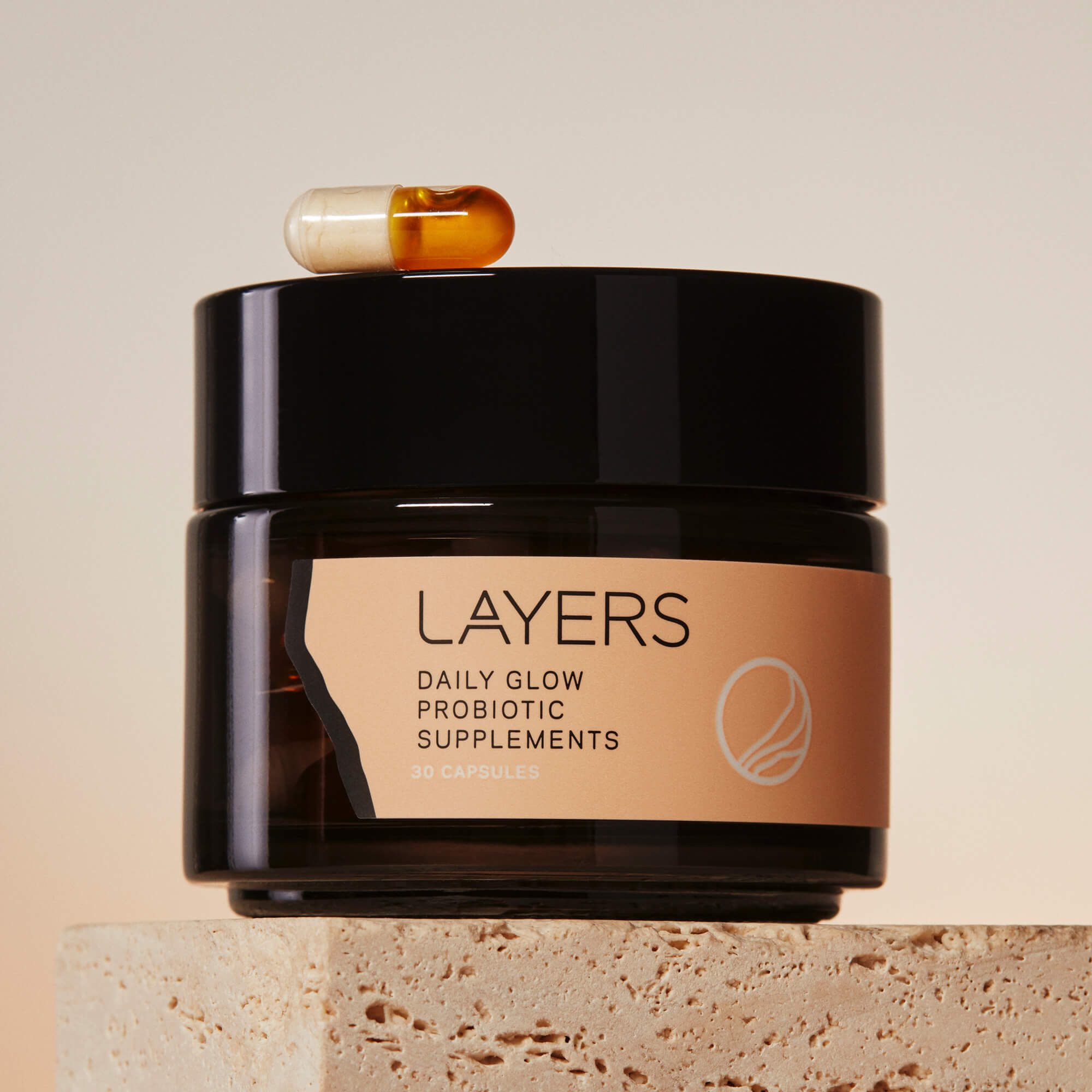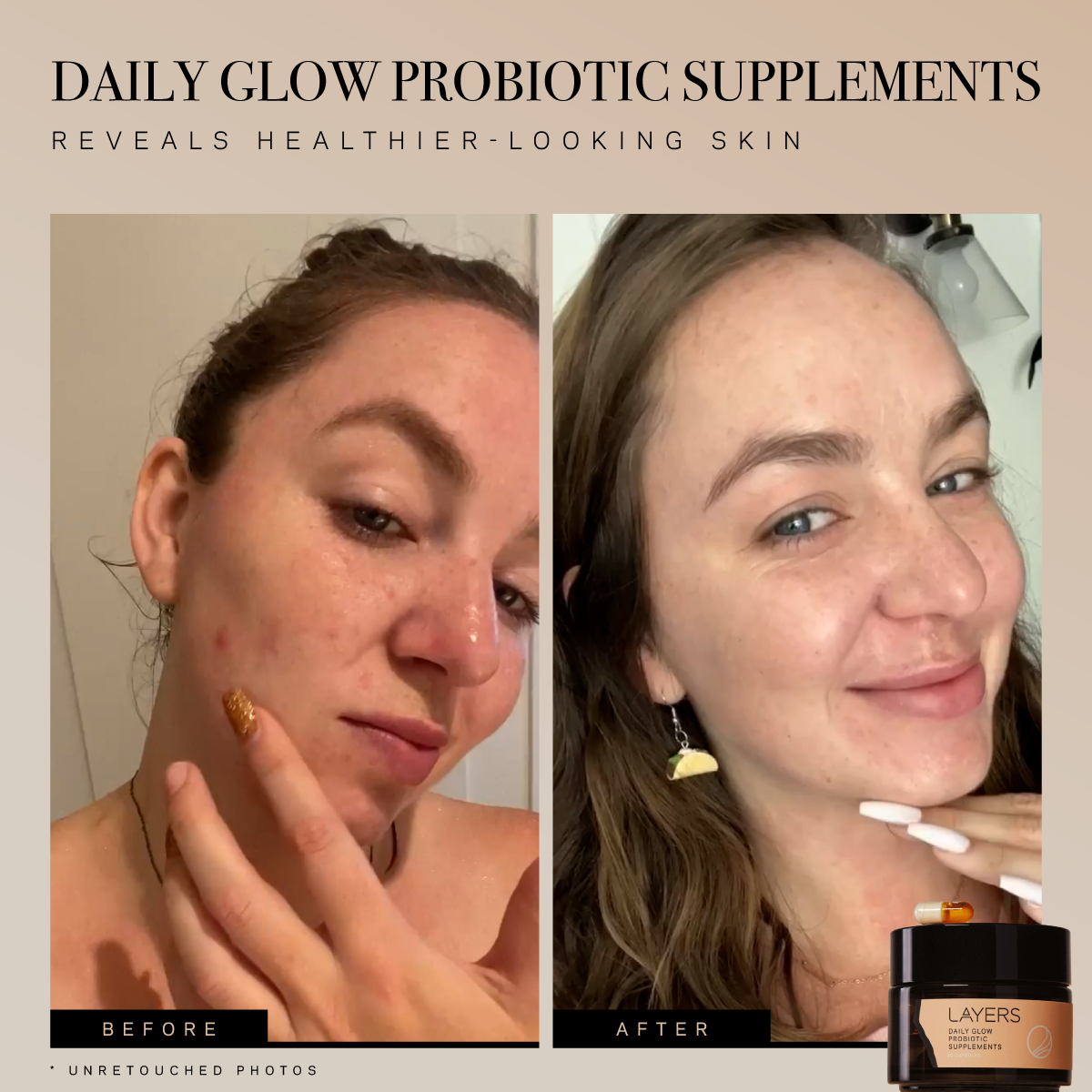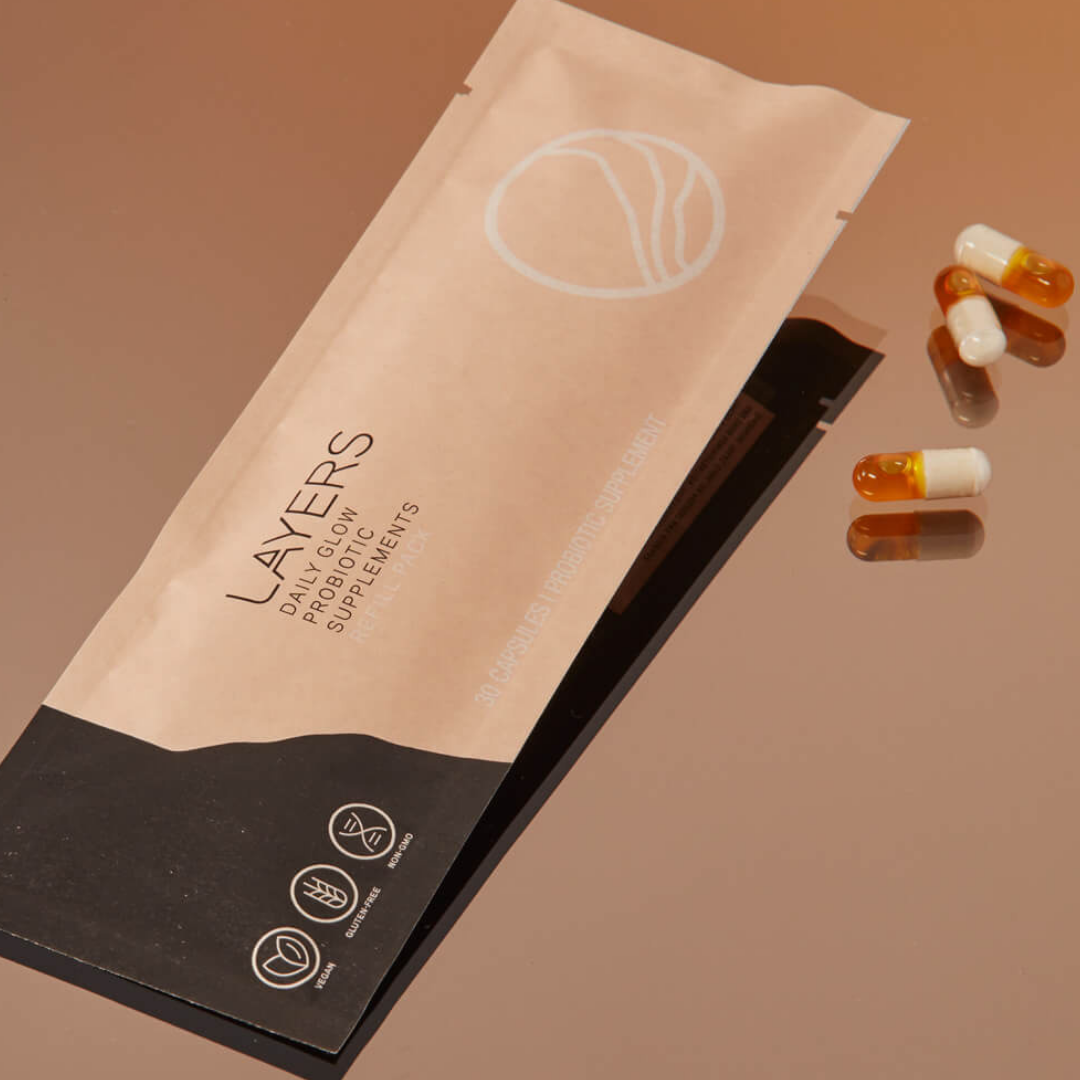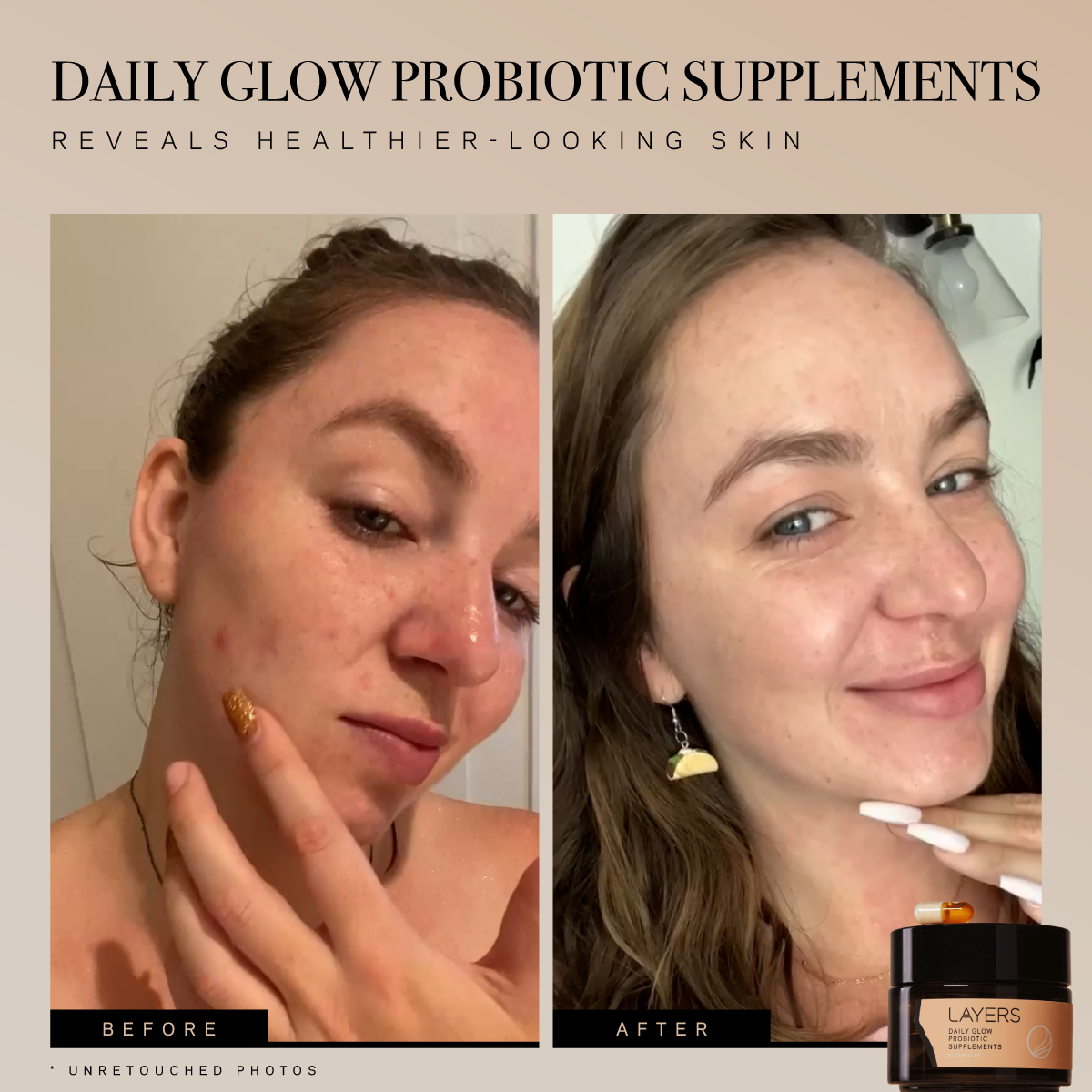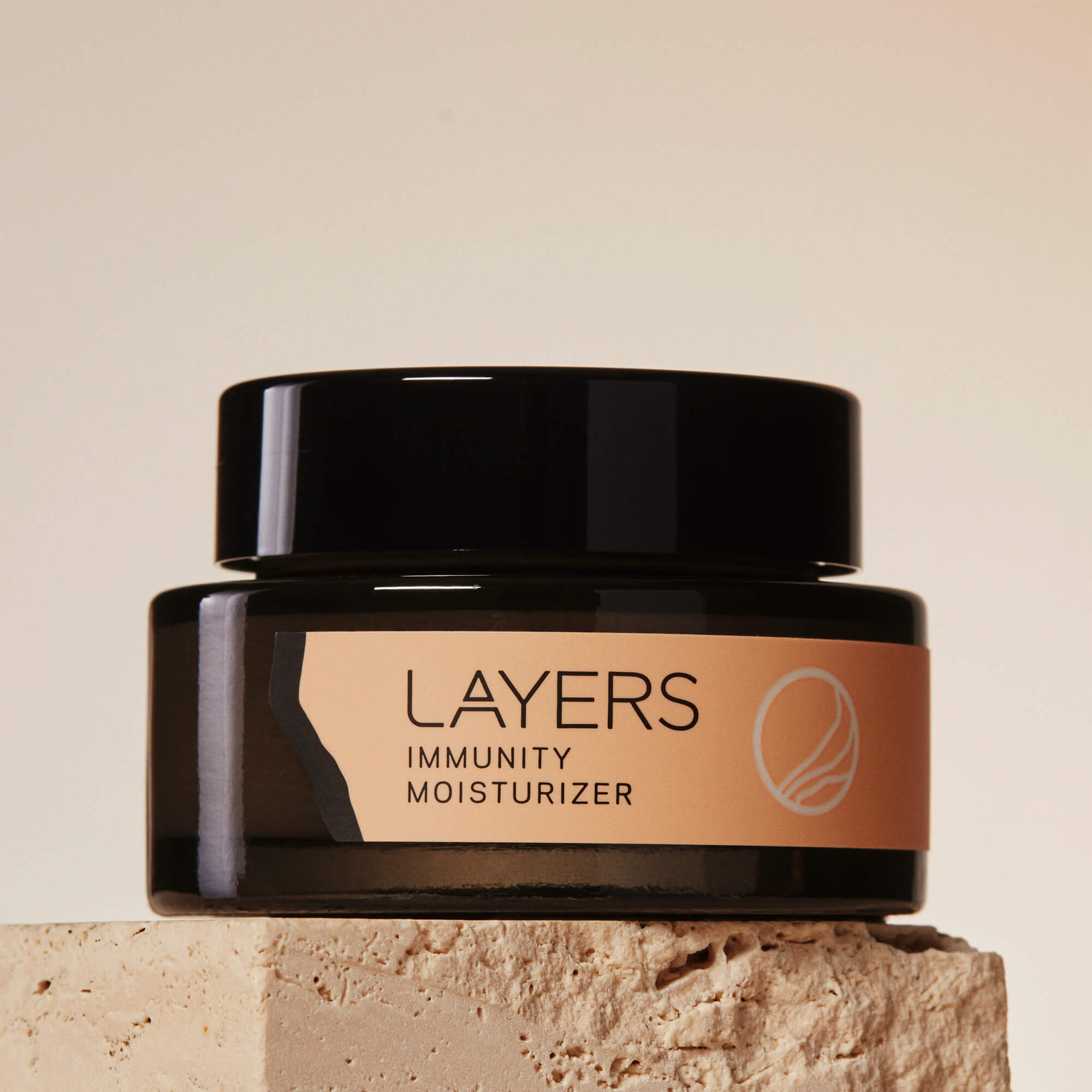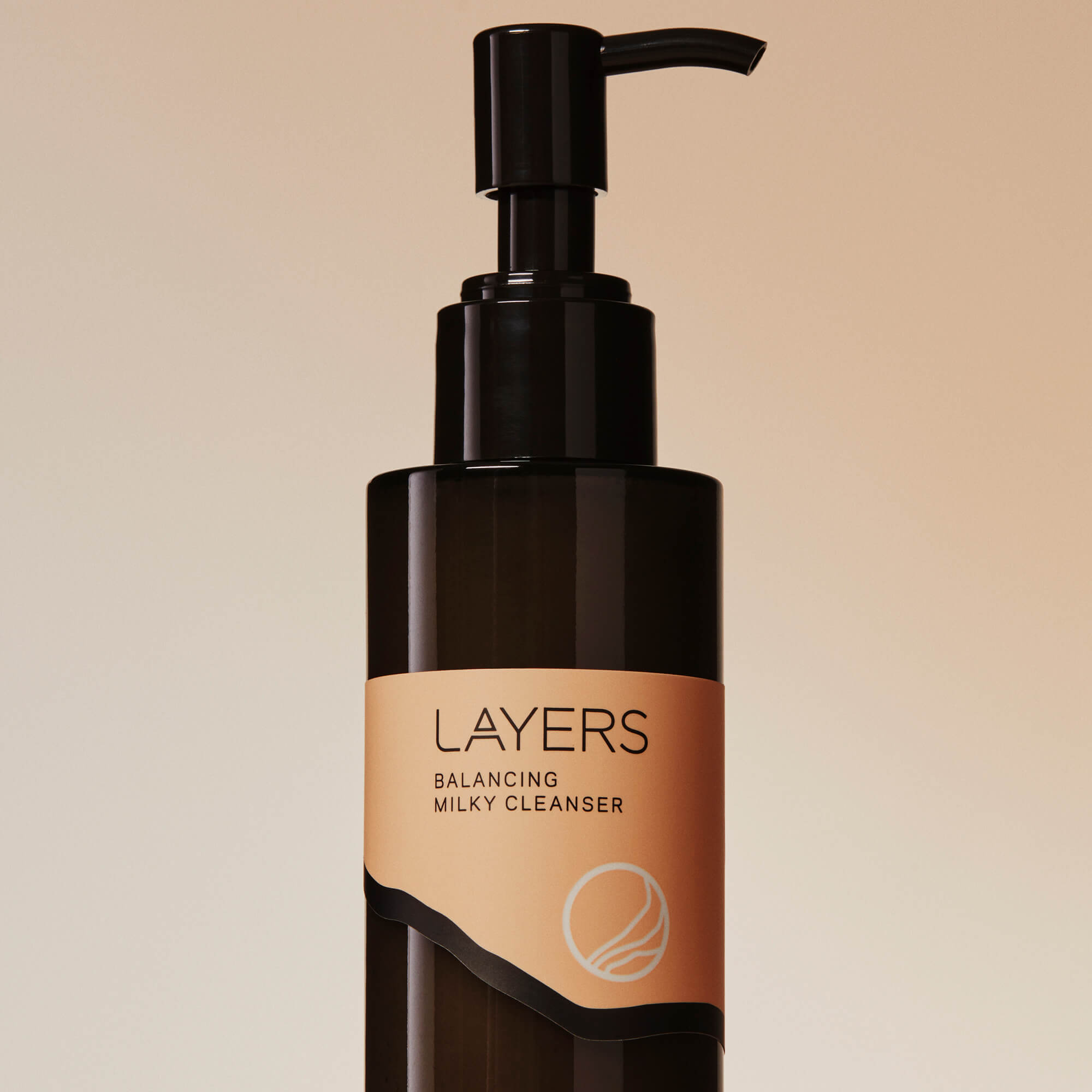The goal of any skincare routine should be to honor and support your natural microbiome while also giving skin what it needs to stay healthy through chronological aging and environmental stressors.
What to Avoid:
• Bar soaps that can disrupt the pH of your skin
• Drying alcohols (specially denatured (SD), ethyl, isopropyl) that evaporate quickly and disrupt your skin barrier by damaging your skin’s natural lipids and fatty acids. Even if you have oily skin, you should avoid these alcohols as they often result in your skin overcompensating for the dryness, thereby producing even more oil.
• Harsh paraben preservatives that can kill beneficial bacteria
• Antibiotic ingredients and antiseptics that kill your beneficial bacteria
What to Look for:
• Hydrating alcohols often seen on ingredient lists as cetyl, stearyl, and cetearyl alcohol. These fatty alcohols are emollients that keep skin hydrated and supple.
• Probiotic bacteria strains that have been shown to strengthen your skin barrier, restore pH, alleviate inflammation, and keep skin hydrated by promoting collagen, fat, and ceramide production.
Learn more about why your microbiome matters

